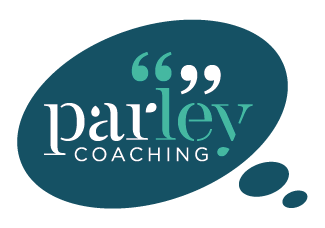Between things
What better way to start the 2024 musings than by reflecting on liminal space?
No, I never thought I’d be posting that, and I suppose that is part of the point.
I have now moved on from my old and still cherished world of law. I am in a new world where my first professional thought is how I might be able to help a person or team be their best. It’s a different space, and between my old world and this different space has been liminality, a word I picked up from Herminia Ibarra the LBS professor whose book, Working Identity, is the book that most inspired me to be brave and leave my old world behind. Liminal is derived from Latin for threshold, and means the space between two things. Think of a corridor between two rooms.
Working Identity, Updated Edition, With… by Ibarra, Herminia (amazon.co.uk}
In the four years since leaving, I have continued along the long journey of leaving.
Unbelievably, I still dream about things that happened (and didn’t happen) during my legal career. My sub-conscious will hold onto extraordinary snippets. The slights. The stresses. The people who made a difference. I can still wake up saying to myself – where did that come from?
I would reflect, now, that the space left behind, remains with you and it is up to you to look it in the eye and smile and learn and harness everything it has yielded to push you forward, to not hold you back. Which to my mind is a process of quiet acceptance and closure, more than looking to repeat former glories re-told by your emotional memory.
In a lot of my coaching, I have seen clients entering their own liminal space. And it has reminded me about how frightening that was to me. But also, how exciting, liberating and in a strange way consoling.
I think far more of us are in this liminal space – it is credible to argue that much of the world has joined us in the corridor of uncertainty.
Even if you are thriving, is it not helpful to begin asking yourself to look back on any room you are about to walk from? About the rooms still to be visited? What will you look like sat in your new favourite chair in this just discovered room?
And so I go back to my the YearCompass from my post at the end of last year – YearCompass | The booklet that helps close your year and plan the next one. Give the journalling a go, and reflect and create. Think about liminality if it helps. Take your time.
But don’t think a reflective journal can answer all your questions; if I have learnt anything over the last four years, it is what I think T. S. Eliot may have been saying in the poem linked below. Don’t believe you have to know where you’re going, it’s wise not to try. Be patient. Ibarra talks more about doing, common-sense, experimention, play. Eliot’s poem might conjure up a less dynamic picture. But my sense is that both are of value as you reflect into your new year.
Wait Without Hope by T.S. Eliot | Daily Poetry

